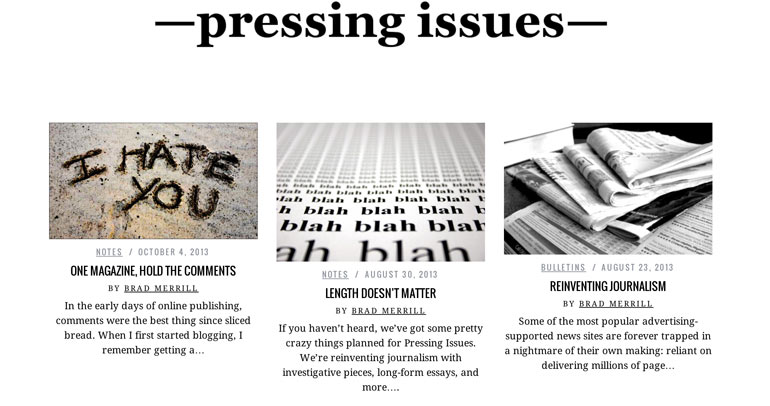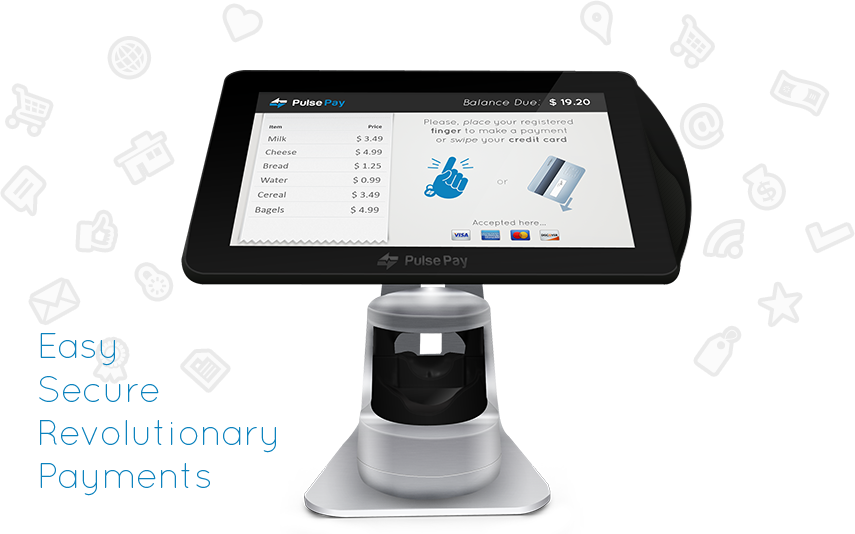
Nyk Lygkonis and James Strickland are two London based entrepreneurs who are looking to change the way employee performance reviews are done. Their startup, Appraisly, is being built in a clandestine location in the middle of London’s thriving startup hub. They’ve found great wifi, coffee and a color printer in the lobby of a swank hotel. That’s where these two financial guys by day are perfecting the art of performance reviews.
The product they are bootstrapping will help companies both large and small with employee retention. By having their employee performance platform based in the cloud, it offers easy access for both employees and managers to reference past reviews, keep up with goals, set new goals and conquer milestones. Long gone are the days that an employee should need to wait for an HR person to rifle through file cabinets to find the latest review.
While the company insists that for employees and employers to benefit from reviews they need to discuss them and have an actual in person dialogue their SaaS platform also allows employees and employers to communicate within the platform on a goal. This makes it easy for the employee and employer to remain on the same page. This can be critical for retaining good talent and for employees to set and know benchmarks so they can get raises.
We got a chance to talk with the guys behind Appraisly, check out the interview below.
What is your start-up, what does it do?
In your day-to-day job have you ever had a bad performance review? How did it feel? Unfair? Unjustified? Like your side of things had not been taken into account? Evidence had been ignored? Biased? All of the above?
Appraisly is a cloud-based employee performance management service which will improve the way performance appraisals are conducted at our customers businesses. Our solution allows business owners to manage employee performance in a manner that aligns individual goals to those of the business, in real time and in the cloud. It’s Software-as-a-Service (SaaS).
Think of Employee Performance Management as all of the activities that ensure that goals are consistently being met in an effective and efficient manner. It is the method by which job performance of an employee is evaluated. We think every business (small, medium or large) in every country should be doing this; and if they’re already doing it they should be doing it better.
Appraisly will provide the guidance, tools, processes and outputs to enable business to conduct effective and value adding performance appraisals without requiring any integration with existing systems.
Who are the founders and what are their backgrounds?
I’m James and my co-founder is Nik. I’m from Cape Town, South Africa and have a background in corporate and retail finance while consulting to some of the world’s biggest organizations. I have extensive experience with large scale talent management software (solutions provided by SAP, Oracle and IBM) and personal experience with the ups and downs of the performance management process at some of the world’s top consultancies. On the start-up scene I’ve been involved in a couple of businesses including a custom t-shirt website for social media trends, an affiliate advertising master plan which never took off, and a fledgling financial trend analysis business. On the side I am a passionate PHP developer currently learning about the joys of Ruby on Rails and Python. And I love sci-fi (especially Dune).
Nik is an ex-pat who fled the sunshine and blue seas of Greece to land up in the Welsh countryside. He mastered the town of Aberystwyth and climbed the ranks of one of the world’s leading commercial finance businesses, and ended up in the same consulting jobs as me a couple of times. He’s a pitbull and doesn’t understand the word ‘no’; literally. He has a real problem with authority but is the driving force behind some of the great work we’ve done on Appraisly so far. He’s big into Basketball but has wisely decided to focus on start-ups, since he’s a short white Greek guy who can’t jump very high. He codes on the side
Where are you based?
We’re based in the cultural melting pot of London, U.K. We also have full time jobs in the Financial Services sector at the moment (but hopefully not for much longer). We tend to operate out of a swanky hotel but this is mostly because we like the waitresses, the beers are cheap and the wi-fi is free. Also there’s a color printer. We just pretend that we are staying in the hotel, but really we just rock up each evening and use their facilities. I will decline to mention the name for obvious reasons.
What is the startup culture like where you are based?
We are fairly new to the startup culture, but outside of Silicon Valley I would say that London has a great deal to offer especially around the Old Street area. There are meet-ups occurring all the time and plenty of interesting ideas and people to meet. It seems like every person we meet in our day job has an idea for a start-up too – probably because there’s a lot of really motivating success stories in the UK right now, and some really viable channels to obtain funding. Having said that, I think the proportion of folks who actually get up off their seats to make their ideas a reality is really small; and the people who have the determination and motivation to succeed is even less.
What problem does your startup solve?
Small businesses aren’t doing performance appraisals. They should be. Bigger businesses probably are doing performance appraisals, but they aren’t doing them well enough. This affects people’s job happiness and success, and ultimately affects the bottom line of even the smallest business. Overall, employee performance is not measured or managed accurately.
What is one challenge that you’ve overcome in the startup process?
Doing valuable and unbiased market research is hard, and something we’ve failed to do in past ventures. We’ve been incredibly candid with friends, family and people we meet – we are pitching the idea to every man and his dog. But getting honest unbiased market research has been tough. Here’s how we overcame that: we built a market research survey on Google docs and personally emailed everyone we knew. We put ads on Gumtree and Google to garner additional responses; we promoted the hell out of it on Twitter. In addition, we harvested as many publications and research papers as we could from the routes available to us in our day jobs. At this early stage the data looks really promising, and most importantly it’s proving some of the hypotheses we initially conjectured. The findings are proving very useful as we move through the construction of our detailed business plan.
What are some of the milestones your startup has achieved?
Getting off the ground in the right way has been a real win. We’ve tried the lean approach in a few other scenarios but we’ve really not found that method to be a great success. With Appraisly, we wanted to plan things out properly and that’s been a huge help. By planning I mean the following: We’ve drawn up a macro plan which outlines where we want to be in 5 years, where we want to be in 1 year, and then what we need to do to get there. Some of the key outcomes from that process have been things like “We COULD go away and build this thing right away; but it’s more sensible to plan, design and then raise investment before starting”. We feel so passionate about this idea that just going away and doing a slap-bang job would be doing a great disservice to ourselves and to our idea. Having said all that we do understand that our plan almost certainly will not survive the first investor contact, let alone the first customer contact – but it will get us to those contact points in good shape, and that’s a big deal.
We’ve also drawn up a 6 week plan to get us out of the plan phase, and into design. That’s nearly complete and we’re looking forward to wire framing.
We’ve also built a holding page (htttp://www.appraisly.com), bootstrapped it and launched an EC2 instance to host the site. We’ve started a blog (http://www.appraisly.com/blog), built up a good network on Twitter (@appraisly) and most importantly, registered from early stage investor events. This gives us real targets to aim for and those targets align to our macro plan.
What are your next milestones?
At the moment we’re finalizing our detailed business plan for 12th May, as well as a ten page investor pitch and a couple of one-pager infographics. Following that we’re going into a detailed design phase for the following 6 weeks. That will flesh out our major product offering – we’re really looking forward to this. We’ll be doing an extensive wireframe in Balsamiq and preparing detailed use-cases. Upon completion of the design phase (mid-June) we’ll be heading into the funding/investing phase.
Who are your mentors and role models?
Our role models are Mark Cuban (the man started an IT business, bought a sports team and starred in Entourage!), Elon Musk (the guy has started three separate $1bn businesses – enough said) and Kenny Powers (fictitious), the washed out baseball player from the HBO show Eastbound and Down.
Our mentors include our buddy David Batey (@davidlbatey) a coding genius and lead developer on a couple of awesome projects like Shutl, The Mediagraph and many others. If you want to mentor us give us a shout on Twitter, we’d love to hear any advice you can offer to a new start-up.
What are some of the advantages/disadvantages growing your startup outside of Silicon Valley?
Our major advantages include ready access to the rest of the world (outside of the US). European venture capitalists are on our doorstep, along with a number of potential Arabian and Asian investors. The scene is growing massively and we’ll be part of that wave. We think investors outside of Silicon Valley are looking for founders who are serious, experienced, determined and will not give up. That’s us.
The disadvantages are probably on the flip-side – from what we’ve read, having never visited Silicon Valley, the culture is very immersive; everyone is talking about start-ups or knows someone who knows someone. I guess the disadvantage we have is in terms of the networking possibilities available to us. We also have to ditch our full time jobs and focus exclusively on Appraisly.
What’s next for your startup?
Getting featured in Nibbletz!
We’ll be kicking off our external facing campaign on June 13th at the Launch 48 Showcase event in London. Look out for us there, and stay in touch on Twitter (@appraisly) and via our Blog in the mean time. You can find out more at appraisly.com


















